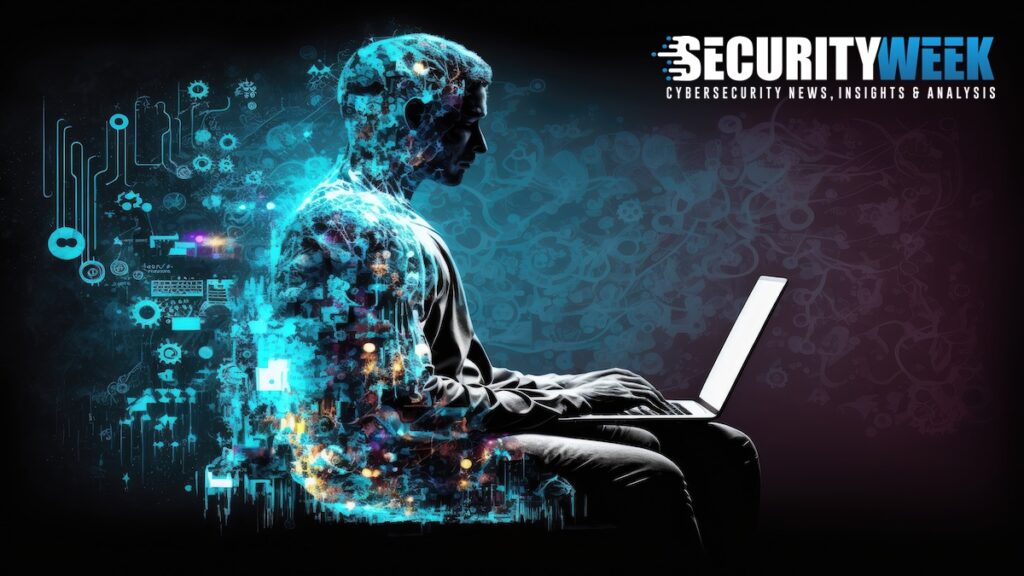
February 18, 2024 at 08:27AM
Major tech companies, including Adobe, Amazon, Google, IBM, Meta, Microsoft, OpenAI, and TikTok, have signed a pact to prevent AI tools from disrupting democratic elections. The accord aims to address deceptive AI-generated content through detection and labeling methods, but some advocates find its commitments to be vague and lacking in requirements.
Based on the meeting notes, the major technology companies have signed a pact to adopt “reasonable precautions” to prevent artificial intelligence tools from disrupting democratic elections. The companies, including Adobe, Amazon, Google, IBM, Meta, Microsoft, OpenAI, and TikTok, have announced a framework to respond to AI-generated deepfakes that aim to deceive voters. Twelve other companies, including Elon Musk’s X, are also signing on to the accord.
The accord aims to address AI-generated images, audio, and video that deceptively alter the appearance, voice, or actions of political candidates, election officials, and other key stakeholders in democratic elections or provide false information to voters about the electoral process. While the companies are not committing to banning or removing deepfakes, they will use methods to detect and label deceptive AI content when created or distributed on their platforms. They will also share best practices and provide swift and proportionate responses when such content spreads.
The commitments in the accord are largely symbolic and lack binding requirements, which has disappointed some advocates. However, the companies have a vested interest in ensuring their tools are not used to undermine free and fair elections. The accord emphasizes the companies’ focus on transparency, educating the public about AI fakes, and safeguarding various forms of expression, including educational, documentary, artistic, satirical, and political content.
While the accord is voluntary and does not impose a “straitjacket” on the companies, it is seen as a positive step in combating AI threats to elections. Some advocates argue that the companies should hold back certain AI technologies until substantial safeguards are in place to avert potential problems.
The companies involved in the agreement will work on detecting and labeling AI-generated content, with some already implementing safeguards on their generative AI tools. The accord’s signatories also include chatbot developers, voice-clone startups, chip designers, security companies, and image-generator producers. Notably absent from the signatories is another popular AI image-generator, Midjourney. Moreover, the inclusion of X in the agreement came as a surprise, given Elon Musk’s stance on content moderation and free speech.
The political leaders from Europe and the U.S. who joined the announcement emphasized the impact of AI-fueled disinformation on democracy and called for taking responsibility to prevent deceptive use of AI tools in elections. The agreement coincides with the upcoming national elections in over 50 countries in 2024, with examples of AI-generated election interference already occurring.
In conclusion, the signing of the pact by major technology companies represents a collective effort to address AI-generated threats to democratic elections, although some advocates believe more comprehensive safeguards are necessary.